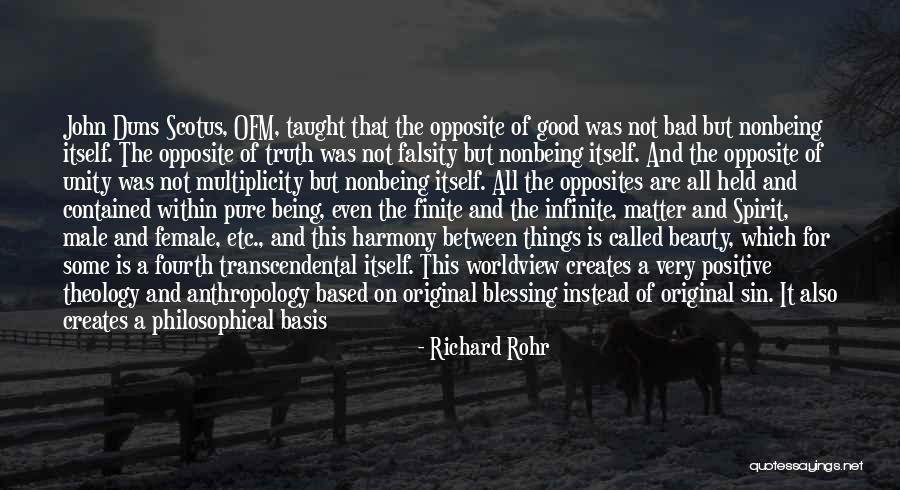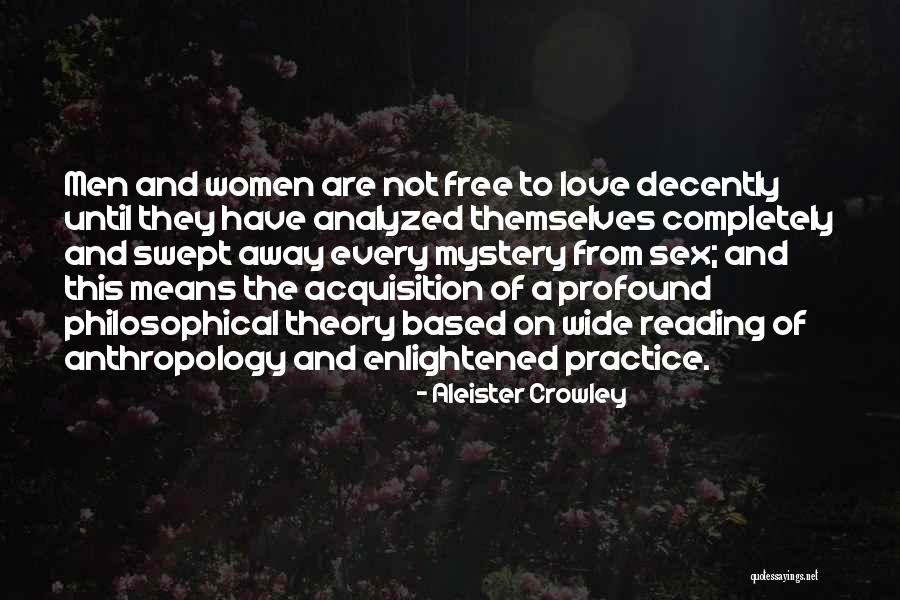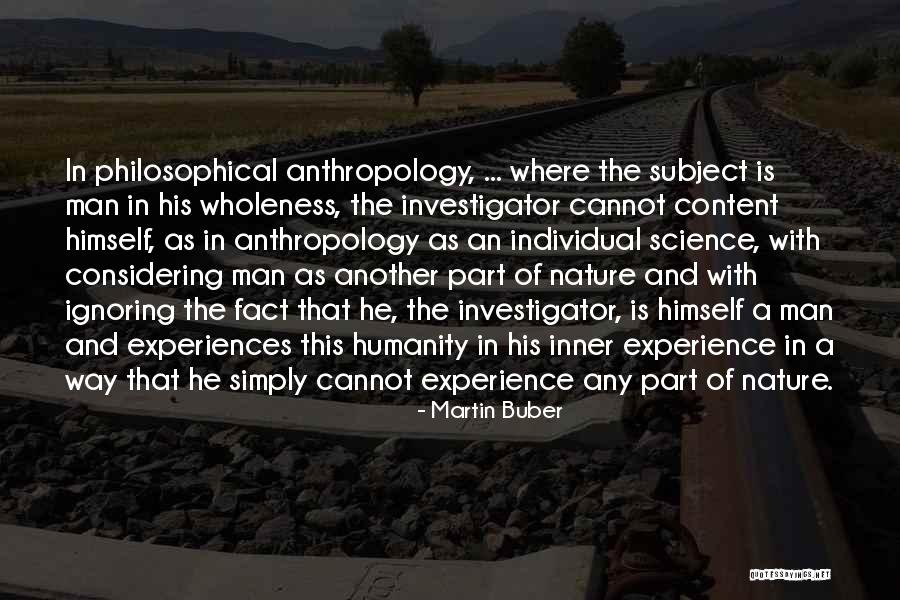Philosophical Anthropology Quotes & Sayings
Enjoy reading and share 4 famous quotes about Philosophical Anthropology with everyone.
Top Philosophical Anthropology Quotes

In the end, we learn about the most basic philosophical questions - like "How to live?" - from a broad mixture of sources, including literature and philosophy, history and anthropology. These sources can guide our reflections on our own experiences, as we explore and reconsider. Mann contributed to such explorations in a distinctive way, and I hope my book brings that out. — Philip Kitcher

John Duns Scotus, OFM, taught that the opposite of good was not bad but nonbeing itself. The opposite of truth was not falsity but nonbeing itself. And the opposite of unity was not multiplicity but nonbeing itself. All the opposites are all held and contained within pure being, even the finite and the infinite, matter and Spirit, male and female, etc., and this harmony between things is called beauty, which for some is a fourth transcendental itself. This worldview creates a very positive theology and anthropology based on original blessing instead of original sin. It also creates a philosophical basis for nondual thinking and the nature of evil. Evil is nonbeing and unconsciousness. Beauty is the fullness of being and full consciousness. — Richard Rohr

Men and women are not free to love decently until they have analyzed themselves completely and swept away every mystery from sex; and this means the acquisition of a profound philosophical theory based on wide reading of anthropology and enlightened practice. — Aleister Crowley

In philosophical anthropology, ... where the subject is man in his wholeness, the investigator cannot content himself, as in anthropology as an individual science, with considering man as another part of nature and with ignoring the fact that he, the investigator, is himself a man and experiences this humanity in his inner experience in a way that he simply cannot experience any part of nature. — Martin Buber





